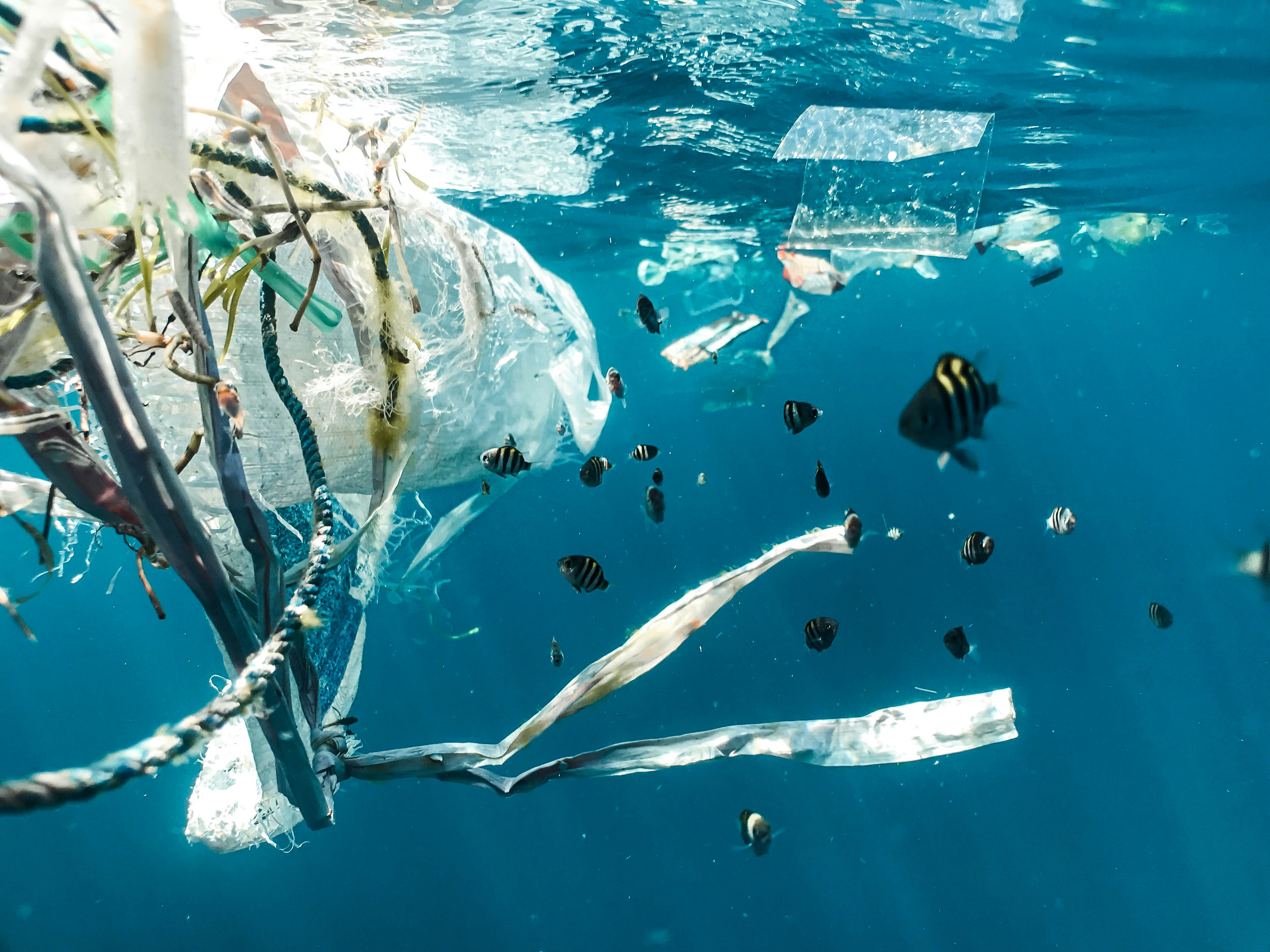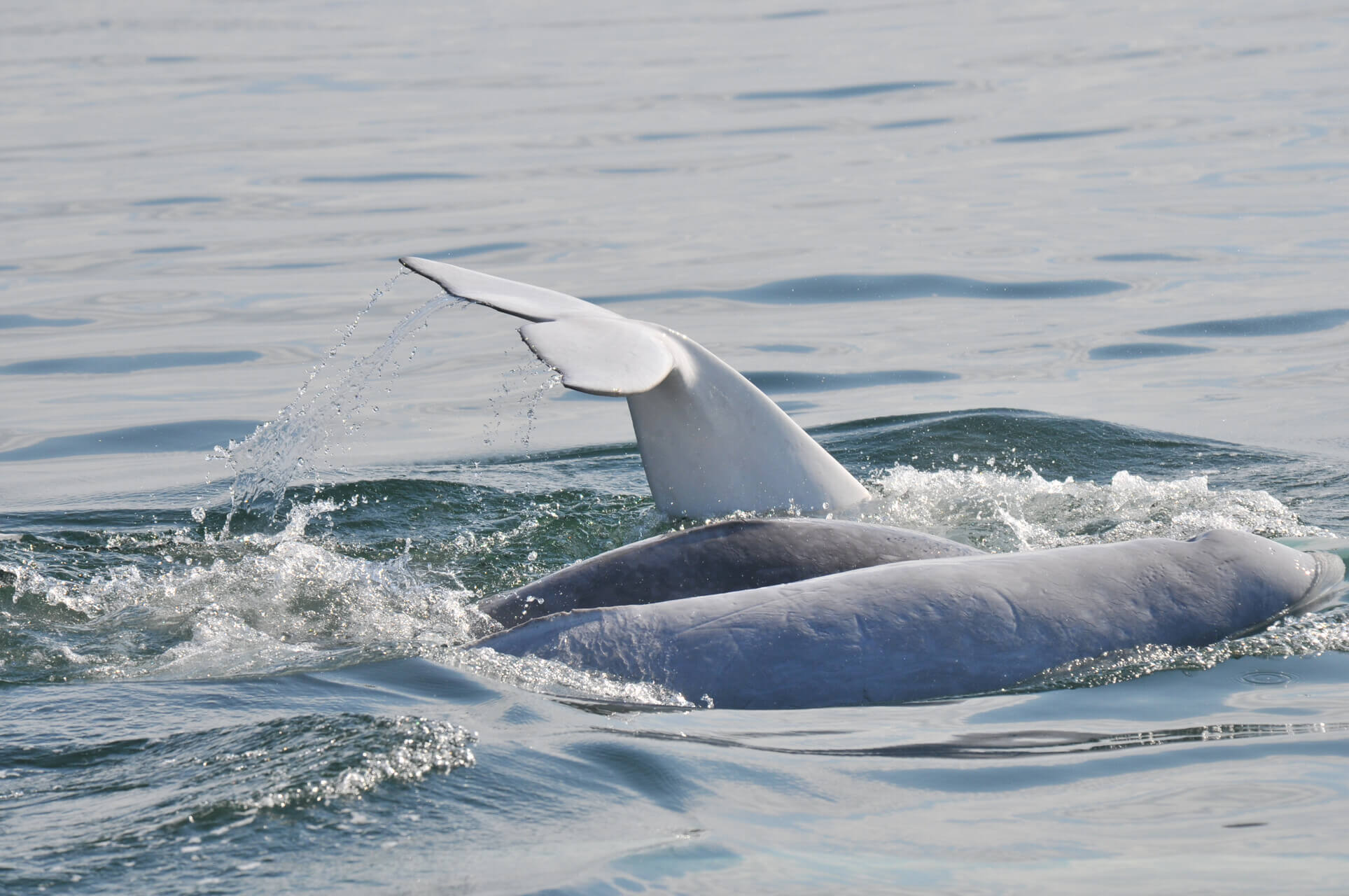The discovery of a fossil of a beaked whale (Messapicetus gragarius) dating back 9 million years reveals that this animal fed predominantly near the surface, while today’s species hunt in deeper waters, feeding on squid and fish up to over 1000 metres deep. This fossil was unearthed in 2014 in the Pisco-Ica desert on the west coast of Peru by a paleontologist of the Royal Belgian Institute of Natural Sciences.
This species was previously known to paleontologists, but this is the first time a fossilized specimen was found together with its stomach contents. This highly unusual kind of fossilization can only occur if the animal died shortly after consuming its last meal. The fossilized fish around its head, mouth and in its stomach are very reminiscent of today’s sardine (Sardinops sagax) that inhabits the Pacific Ocean. This contemporary sardine species occurs in large shoals near the water surface. The same might hold true in the case of the fossil species. This discovery suggests that the majority of ancestral beaked whales had not yet evolved to hunt more than 1000 m deep. The study was published in the Proceedings of the Royal Society B scientific journal in September 2015.
Today’s beaked whales have only one pair of teeth (only the males), the location of which varies depending on the species. To locate their prey, they emit sound waves in the water like a sonar, and for food, they suck in squid or fish and swallow them whole. Beaked whales’ ancestors had more than a single pair of teeth, probably due to feeding techniques different from those observed today in these animals that required them to grasp their prey with their teeth. This finding supports the hypothesis that the extinction of these ancestral beaked whales coincides with the diversification of today’s dolphins – predators of large schools of fish at the surface – some 7 million years ago. Sharing the same ecological niche as these skilled shallow water hunters, the beaked whales that survived tended to be those that had already adapted to hunting in deeper waters. Thus, they differ from dolphins and competition between species is reduced.
Sources:
On the Proceedings of the Royal Society B website: No deep diving: evidence of predation on epipelagic fish for a stem beaked whale from the Late Miocene of Peru
Learn more:
On the Science Mag website: Ancient whale fossilized with its last meal
On the Royal Belgian Institute of Natural Sciences website: Fossilised Meal Illustrates Habitat Shift of Beaked Whales
On Whales Online: Northern bottlenose whale





